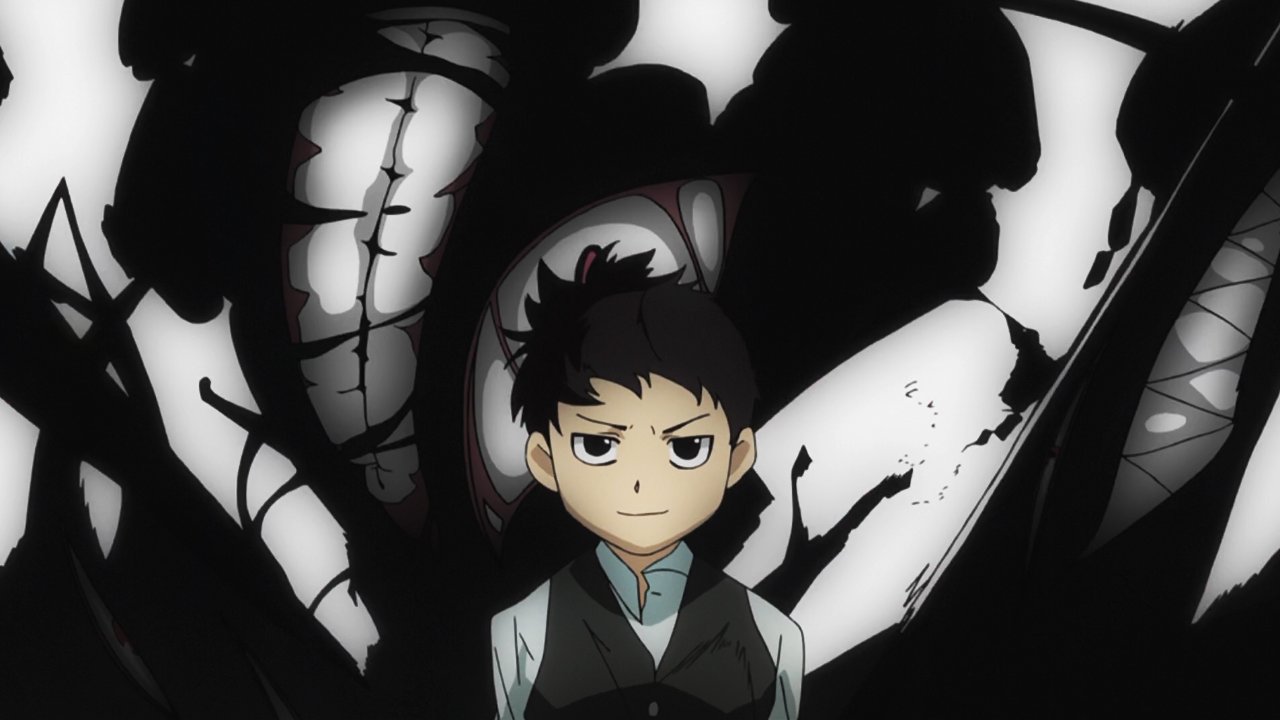The seven deadly sins come from a long moral tradition that shaped Western teaching on vice. This ranking looks at typical impact on a person and community, how each vice feeds others and how hard it is to notice and correct. The order here moves from less corrosive in daily life to the most spiritually dangerous, with links to classic sources like Gregory the Great and Thomas Aquinas and how people talk about these vices today.
Each sin has a recognizable pattern, a set of habits that grow when left unchecked. Some show in public, others hide inside routine choices. Where helpful, this article points to common sayings and literature. For example, the Bible warns,
“Pride goes before destruction and a haughty spirit before a fall.”That line frames how many traditions view the roots of the worst failings and it informs why the top spot goes where it does. Context matters, so the notes below balance personal responsibility with the social pressures that can push someone toward these traps.
#7 Sloth
Sloth is not only laziness. It is a heavy resistance to the good, a drifting from duties that matter. In older texts it is called acedia, a listless sadness that makes meaningful work feel pointless. People often overlook it because it looks quiet, but that quiet can hide a slow leak of purpose. It numbs rather than rages, so it lands low here, yet it still drains life.
Modern life tempts Sloth through endless distraction. Hours go to scrolling and small comforts, while important tasks wait. The harm appears in missed chances to grow and to help others. Over time, neglected basics like sleep, exercise, or study make it harder to care at all. Momentum fades and a person can confuse being busy with being faithful to what matters.
Also Read
10 phrases that sound supportive but are actually a subtle sign of manipulation
Traditions answer Sloth with steady diligence. That means small daily steps, chosen on purpose. Setting a start time, asking for help, keeping promises in writing and building community support are simple tools. Energy follows action, not the other way around, so even a short first step matters more than waiting for the perfect mood.
There is also a cure in meaning. Many writers note that Sloth grows when goals feel empty. Clarify the why behind duties. Tie chores to care for people. When work lines up with values, the will wakes up. Purpose beats numbness in the long run.
#6 Gluttony
Gluttony is excess in consumption, most often with food and drink, but it can include any appetite that crowds out balance. It is not about celebration or nourishment. It is about letting a craving set the schedule and the rules. Quantity and control are the key tests here.
The harm shows up in health, waste and lost self-control. Too much spending on treats can strain a budget and relationships. Some faiths speak of fasting and moderation as training for freedom. The point is not denial for its own sake, but choosing what is good in the right way. Feasts still have a place; constant feasting does not.
Also Read
10 Phrases That Sound Supportive But Are Actually a Subtle Sign of Manipulation
Practical steps include mindful habits: eat at set times, share meals with others, plan portions and avoid using food as the only stress relief. Gratitude before eating shifts focus from craving to thankfulness. Awareness breaks the loop of reaching without thinking.
#5 Lust
Lust reduces people to objects for pleasure. It narrows a person’s view to bodies and novelty, pushing aside commitment, consent and care. Many traditions warn that Lust clouds judgment quickly. Desire is not the problem; using others is.
The social costs are real. Hidden habits can lead to lies, broken trust and risk. People may chase idealized images that no partner can match. This isolates the person who is chasing and harms the one who is compared. Shame can grow when secrecy becomes part of the pattern.
Most communities teach boundaries that protect dignity. Consent, honesty and patience are practical anchors. When relationships aim at the good of the other, desire fits within a larger promise. Clear agreements and mutual respect reduce harm.
Also Read
People With Low Emotional Intelligence Often Miss These 6 Social Cues
Media diets matter. What we watch and follow can raise or lower temptation. Curating inputs, setting device limits and choosing time with friends in real life can make better choices easier. Attention is a gate worth guarding.
Many find help through wise mentors or counselors when patterns feel stuck. Bringing hidden parts into the open breaks the cycle that thrives in secrecy. Humility here is strength. Asking early is better than asking after damage is done.
#4 Envy
Envy aches at the good of another. It is not simple jealousy about wanting something. Envy resents the person who has it. This sin often hides under the language of fairness, but its root is a refusal to celebrate others. It sours joy even when life is going well.
Unchecked, Envy breeds comparison, gossip and quiet sabotage. Teams suffer when members hope others fail. Families fracture when siblings keep score. Leaders can make choices that punish success instead of learning from it. Trust erodes when praise feels scarce and conditional.
Also Read
8 Weird Habits You Don’t Realize You Have From Growing Up In A “We Can’t Afford It” Household
The remedy is gratitude and charity. Keep a record of gifts received. Practice naming the wins of others out loud. Many find that serving people who cannot repay them resets the heart. Celebration disarms Envy faster than argument.
#3 Greed
Greed is a restless hunger for more, usually money or status, treated as the final measure of worth. It can look like prudence, but it crosses a line when gain outruns concern for people. Means become ends and the world turns into a ledger.
Communities feel Greed through unfair deals, corner cutting and exploitation. Workers become costs to reduce. Customers become targets to squeeze. Even personal life shrinks as relationships serve the next transaction. Security never arrives because the goalposts keep moving.
Traditions answer Greed with generosity and justice. Clear accounting, fair wages, honest weights and transparent contracts protect the vulnerable. Giving away a set share trains the heart to hold wealth lightly. Open hands often lead to better stewardship.
Also Read
10 Phrases That Sound Supportive But Are Actually A Subtle Sign Of Manipulation
On the personal side, set enough points: what level of provision meets needs and leaves room to give. Without a target, Greed claims every raise and bonus by default. Naming enough creates space for rest and for others. Limits free more than hoarding does.
#2 Wrath
Wrath is anger that breaks bounds. Anger itself can signal a real wrong. Wrath goes further. It chooses harm, seeks revenge and enjoys the hit. That is why it ranks high. The damage can be sudden and wide. Heat outruns judgment and people get hurt.
Wrath often claims it is for justice, yet it rejects patience, due process and mercy. In families it becomes shouting and fear. Online it becomes mobs and pile-ons. The habit is to escalate. Cooling the moment is key to safety.
Old wisdom offers steps: slow speech, step away and ask a trusted person to check the story you are telling yourself. Many use breathing, prayer, or exercise to drain the surge. Seeking repair later through apology and restitution prevents hard hearts. Strength shows in self-control.
Also Read
8 Cringey Phrases Older Relatives Use at Family Dinners That Younger Guests Dread
#1 Pride
Pride claims the top spot because it puts the self at the center. From Pride, the other sins find cover. A proud person will excuse Greed as deserved, Wrath as righteous, Envy as insight, Lust as freedom, Gluttony as taste and Sloth as principle. It bends the moral compass toward the ego.
Many teachers call Pride the root of sin. It refuses to receive help. It resists truth that challenges the self-image. It demands credit and control. That is why communities fall when leaders grow proud. Checks and counsel get ignored. Warnings sound like attacks instead of care.
Humility is not self-hate. It is an honest measure of limits and gifts. It listens. It shares praise. It keeps the mission above the spotlight. Structures that invite feedback and that rotate power help people stay grounded. Accountability protects more than talent does.
Literature and scripture tie Pride to great falls. The proverb says,
“Pride goes before destruction.”History repeats this lesson in households and nations. The fall often starts when small rules get broken with a shrug. Guard the basics. Little choices build big habits.
The cure begins with gratitude and truth. Name where help came from. Invite someone to ask hard questions regularly. Celebrate teammates and mentors. Pride shrinks when we remember that we did not build life alone. Receiving is part of wisdom.















